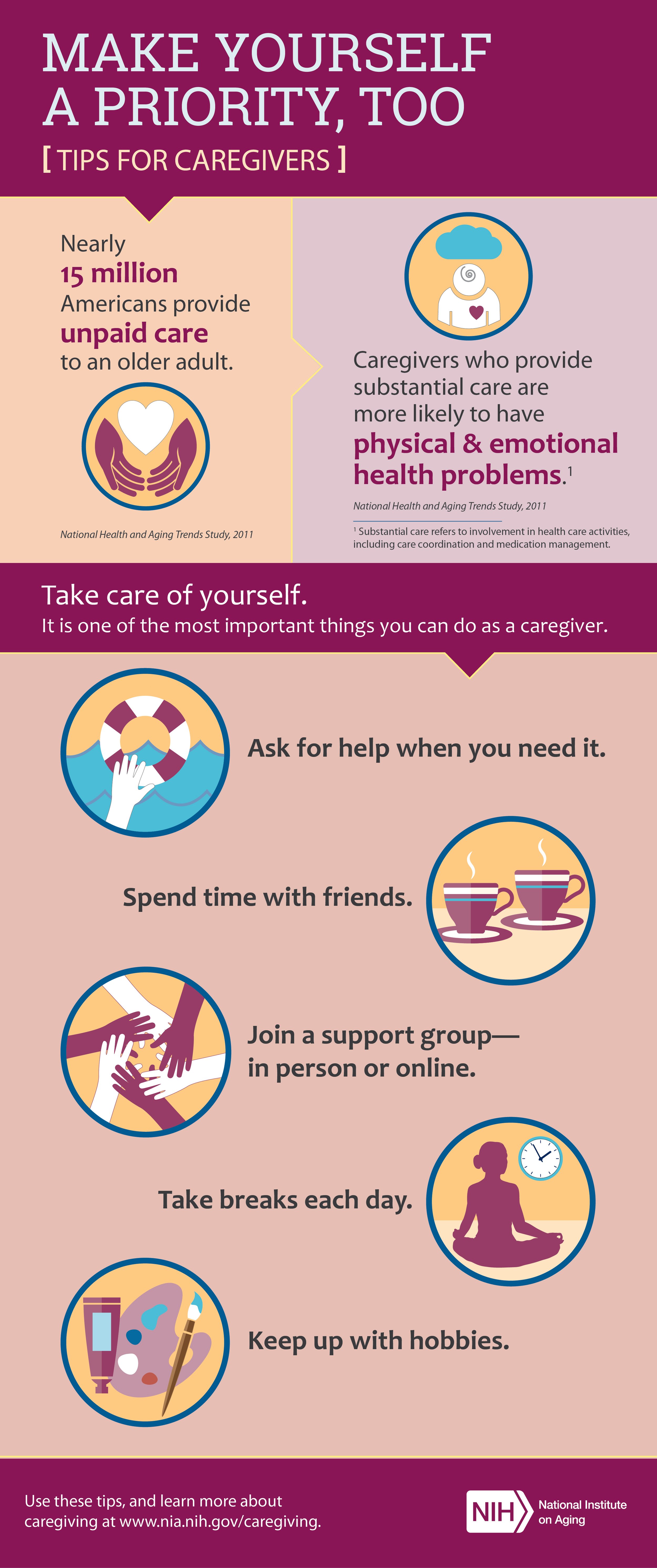Care for Care
“If you have knowledge, let others light their candles in it.”
1 in 5 U.S. adults experience mental illness each year according to the National Alliance on Mental Illness. The odds and the reality is that if you come from a small or large family, work at a company, live in a community, you will be affected by this statistic. You and I are either experiencing this challenge personally, or we know of someone who is suffering with, managing, overcoming, or has conquered mental illness.
In 1990 the United States Congress established the first full week of October as Mental Illness Awareness Week (MIAW) with the goal of placing a spotlight on the matter, educating the public, and overcoming discrimination about Mental Illness.
The theme for Mental Illness Awareness Week October 2-8, 2022 is: “What I Wish I Had Known About”.
I experienced the privilege and the challenge of providing care for a family member near death, also suffering with dementia, and supporting the main caretakers in the family. I leave below five points for the next person, so you won’t have to say the words “What I Wish I Had Known About”. What would you add to the list? Comment please below in the comments section.
Care for the one that needs care, and the caregiver that gives care, and care for yourself.
Plan actively as opposed to reactively.
Schedule a reoccurring meeting time to discuss family matters even if there’s nothing pressing on the docket for the week.
Exercise is a non-negotiable part of your schedule. Apprehension, concern, anxiety, fear, and dread due to any slight noise, movement, a change to your loved one’s breathing pattern sets of surges of adrenaline in your body. Exercise is one way to give a place for all the adrenaline and anxiety to leave if only for a temporary time.
Take deep belly breaths!
One of my substantial takeaways from the experience is that to be a good caregiver involves knowing, and realizing limitations, emotional and mental fraying. Then execute that knowledge and determine when to step in, step back, and step out. I learned the power of family, the power of prayer, the power of sleep, the power of death, the power of hope.
“Vulnerability sounds like truth and feels like courage. Truth and courage aren’t always comfortable, but they’re never weakness. ”


